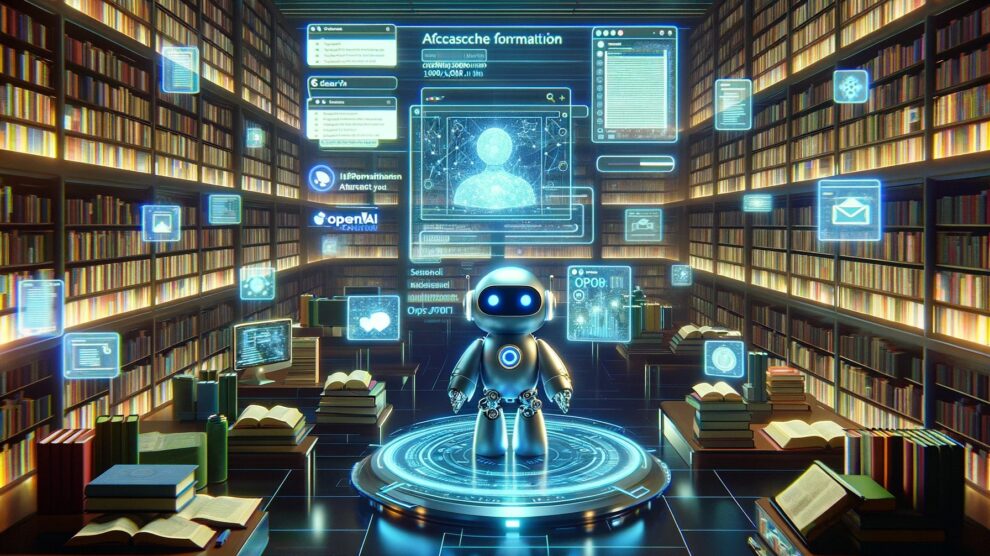OpenAI’s launch of ChatGPT Search last week marked a highly anticipated moment in the tech industry’s ongoing AI revolution. Despite months of speculation about a potential “Google killer,” real-world testing reveals a more nuanced reality: while ChatGPT Search shows promise in certain areas, it currently falls short of being a viable replacement for Google in everyday use.

Key Findings from Real-World Testing
Strengths:
- Effective at surfacing real-time answers to complex queries
- Bypasses SEO-optimized content and ads
- Clear source attribution with linked references
- Well-formatted, concise answers
Limitations:
- Struggles with short, navigational queries
- Impractical for common everyday searches
- Less efficient for basic information retrieval
- Not optimized for quick, keyword-based searches
The Reality of Search Behavior
The fundamental challenge facing ChatGPT Search lies in the nature of how people actually use search engines:
Common Short Queries:
- “Celtics score”
- “cotton socks”
- “library hours”
- “San Francisco weather
- “cafes near me”
AI Search Landscape
ChatGPT Search joins a growing field of AI-powered search solutions:
Current Players:
- Perplexity
- You.com
- Google’s AI-enhanced search
- ChatGPT Search
Common Features:
- Source attribution
- AI-generated summaries
- Real-time information processing
- Direct answer formatting
Industry Impact and Future Implications
The launch of ChatGPT Search has several broader implications:
- Highlights the gap between AI capabilities and user habits
- Demonstrates the continuing value of traditional search optimization
- Shows the importance of balancing innovation with practicality
- Suggests the need for hybrid approaches to search technology
Looking Ahead
For AI search to become truly competitive, it needs to address:
- Speed and efficiency for short queries
- Better handling of navigational searches
- Integration with existing user behaviors
- Improved reliability for everyday use cases










Add Comment